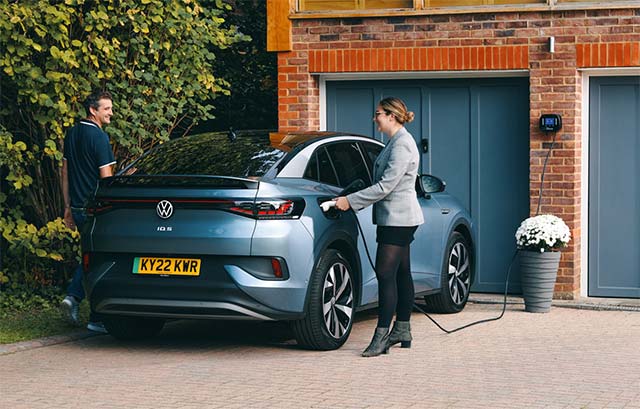Share

British electric car sales hit a record high in September, according to preliminary figures from the Society of Motor Manufacturers and Traders (SMMT).
A massive 72,800 BEVs (Battery Electric Vehicles) were sold, marking a near 30% rise compared with the same month last year.
This surge means that electric models, including both pure BEVs and hybrids, now account for over half of all new registrations, helping the overall new car market achieve its strongest September since 2020.
The key driver behind this growth is the UK government’s reintroduction of the Electric Car Grant in July.
The grant, which offers buyers discounts of up to £3,750 on eligible models, has successfully brought electric vehicles “within reach of more households,” according to Transport Secretary Heidi Alexander.
The reintroduction of subsidies follows intense lobbying by carmakers who were struggling to meet government sales targets under the Zero Emission Vehicle (ZEV) mandate. The industry also saw a significant jump in plug-in hybrid sales, which rose by 56% to 38,300, as manufacturers leverage models with both a petrol engine and a rechargeable battery.
The SMMT also attributed the record month to an “ever-increasing choice of models” in the electric sector. However, the government grant remains restrictive, applying only to around a quarter of BEVs due to price caps and manufacturing emission rules that effectively block many Chinese brands.
While the record figures are a major win, the sector’s growth is still subject to the ZEV mandate, which sets a high headline target. Despite the strong performance, the pure electric share of sales so far this year trails the official 28% target, though industry analysts note that with various “flexibilities” built into the mandate, sales are generally ahead of where they need to be.
Mike Hawes, Chief Executive of the SMMT, stressed that while record uptake proves that “massive industry investment is paying off,” more must be done to “re-energise” private buyers.
He emphasised that tackling remaining roadblocks, such as unlocking infrastructure investment and driving down energy costs, will be critical to the future success of the industry and meeting shared environmental goals.
The intense demand generated by the grant has even led to speculation that the scheme may need to close earlier than planned.


Related Posts
Discover more from Tech Digest
Subscribe to get the latest posts sent to your email.

